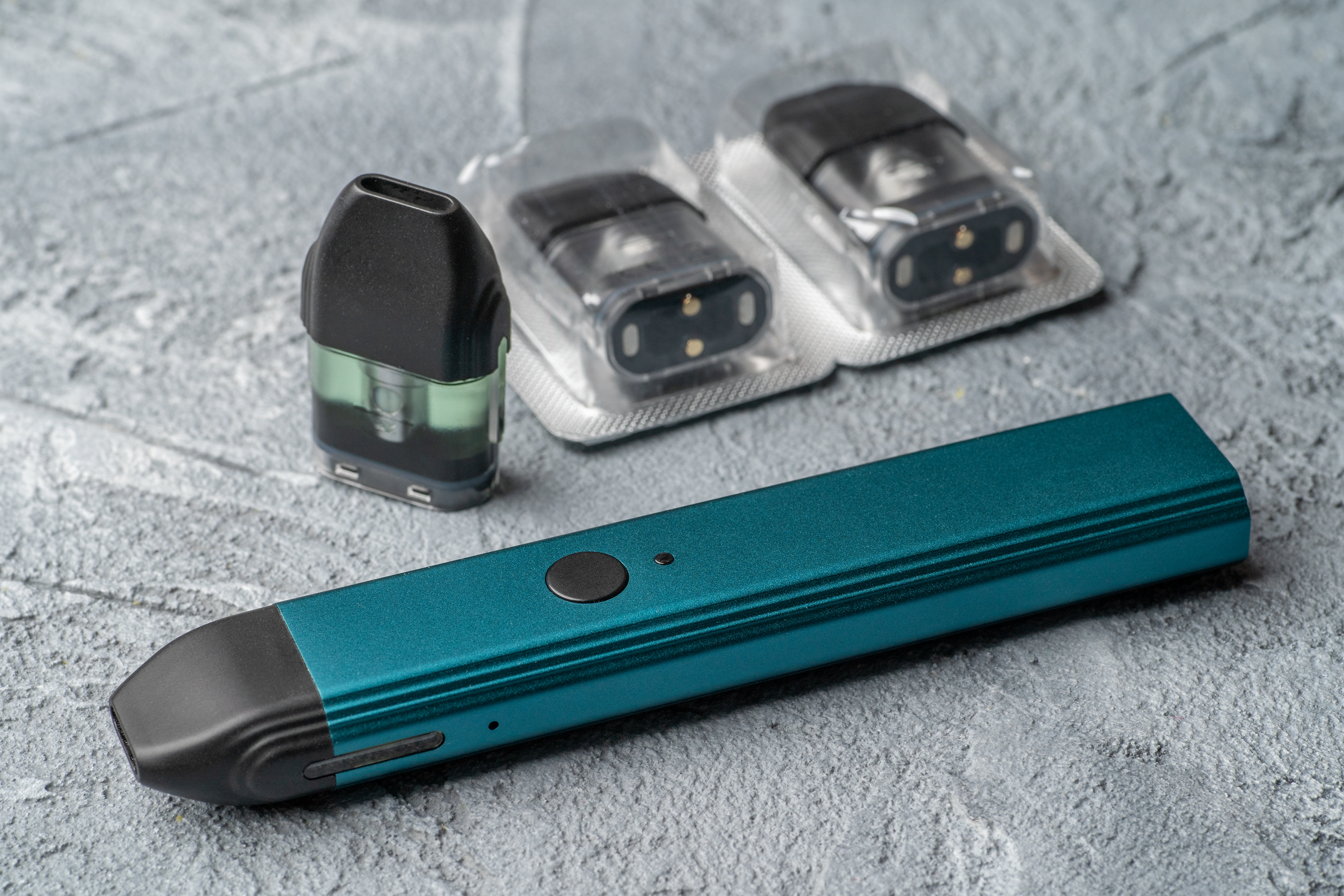Broughton Chief Regulatory Officer, Dr. Nveed Chaudhary discusses business growth and Broughton’s plans to extend its service portfolio into adjacent markets.
Recent PMTA marketing orders gives new clarity to industry
Nicotine

May 3, 2022 | Published by Dr. Nveed Chaudhary
Nicotine
Broughton's Chief Scientific and Regulatory Officer Dr. Nveed Chaudhary discusses the recent FDA announcement on marketing orders and what this means for ENDS manufacturers.
Since the Food and Drug Administration (FDA) first announced the introduction of the Premarket Tobacco Product Application (PMTA) process for e-cigarettes in the US market, manufacturers have spent millions of dollars collating the scientific, technical, and behavioral evidence needed to compile the most robust dossier submissions possible to prove that their products are appropriate for the protection of public health (APPH). Over the past two years, there has been a considerable amount of activity but little clarity. We have seen PMTA submission deadline extensions, deficiency letters, opportunities to submit additional data, and millions of Marketing Denial Orders (MDOs), but no industry certainty on the benchmark necessary to obtain a Marketing Order (MO) to keep vape products on the shelves at American retailers.
Now there is. In the last few weeks, there have been MDOs for multiple myblu products, the first group of products from a major tobacco company to receive such a judgment, and three high-profile manufacturers have been awarded Marketing Orders for their products. With these four separate PMTA decisions, the FDA has, at last, given the industry an indication of where the bar is set for gaining a Marketing Order. Although not everyone benefited from these decisions directly, they give the industry new confidence to move forward with product development and future business roadmap decisions. The regulations now have real-life reference points that can be reapplied to future PMTA submissions.
The experience of vape manufacturers during the implementation of the PMTA process for the e-cigarette industry is not new. Regulations created for innovative new industry sectors are frequently applied retrospectively when the industry already feels it has established the right to operate legitimately. Regulation is generally much slower than innovation, so often must play catch up. The industry then needs to align existing products to the new regulations, and there is a moment when this creates uncertainty about how the regulation will be applied in practice. Uncertainty temporarily stalls investment and innovation. When, as now, the regulator issues the first approvals, it creates new insight and clarity into the regulation, and a new relationship between manufacturer and regulator is born. The industry has passed an important milestone in maturity and acceptance.
We now know that Vuse, Logic, and NJOY passed the threshold for PMTA authorization for their e-cigarettes and tobacco flavored e-liquids. With NJOY becoming not only the first non-tobacco company to be awarded an authorization but also the first to obtain one for a pod e-liquid device which is an outstanding achievement and undoubtedly gives new entrants to the market a boost. To date, no products with non-tobacco flavored e-liquids have been authorized by FDA and it remains to be seen if they will be. However, a vast amount of knowledge and understanding about the PMTA process, the criteria for building well-designed study strategies, experience in creating an effective submission narrative, and knowledge of the requirements to satisfy the process have now been learned by selected players in the next generation nicotine delivery product industry. For example, at Broughton, we have assembled a highly experienced team of scientific and regulatory experts that has unique insights into what constitutes a successful submission.
A big question remains around the future role of flavors in Tobacco Harm Reduction. There is undoubtedly evidence regarding the benefit of non-tobacco flavors on the off-ramping and continued abstinence from combustible cigarettes and with the millions of MDOs, FDA has given new clarity on what it requires for flavors to be identified as APPH. Although it’s clear that FDA's nervousness around youth uptake is the overriding factor in evaluating these products, we believe it is now possible to develop strategies to address this. The recent PMTA decisions are a reason for the whole industry to celebrate and provide the entire market with new confidence.
Contact us to book a meeting and let’s discuss how together we can advance a smoke-free future.
If you would like to learn more about regulatory pathways and how they create new business opportunities for forward-looking companies, then read our recent Regulatory Digest below:
Can we help you?
Broughton have deep CRO capabilities and an experienced team of scientific and regulatory professionals to manage full service global regulatory projects. Our knowledge of global regulatory pathways offers significant insights that can be incorporated into your project plans. Our mission is to accelerate safer nicotine-delivery products to market; creating a smoke-free future.
Book a meeting with us today to discuss your requirements.



